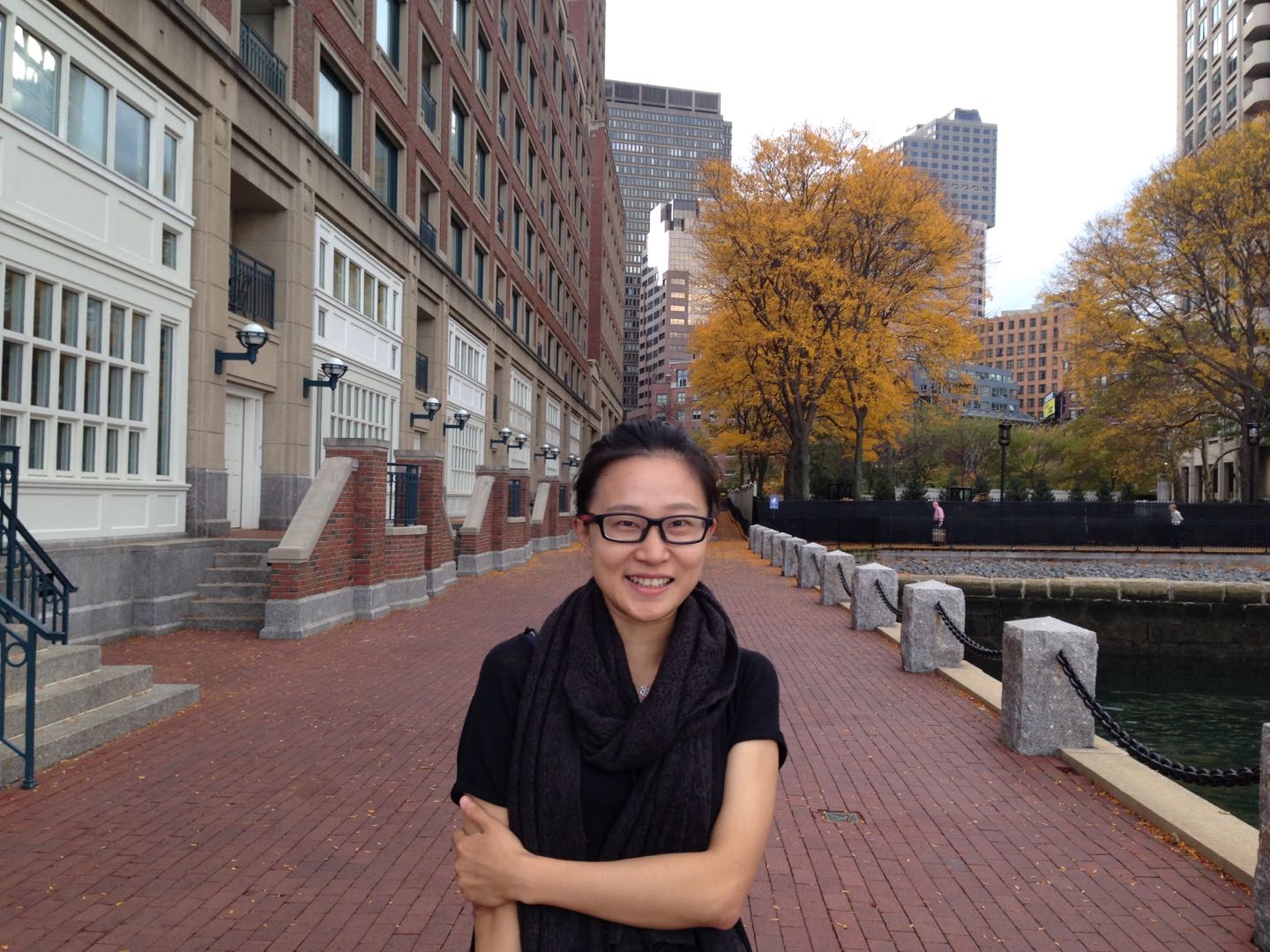Charles A Nelson, III, Ph.D.
Charles A. Nelson, III, Ph.D. is recognized internationally as a leader in the field of developmental cognitive neuroscience, where he has achieved numerous breakthroughs in broadening scientific understanding of brain and behavioral development during infancy and childhood. Dr. Nelson is the Director of Research in the Division of Developmental Medicine at Boston Children’s Hospital, and the Richard David Scott Professor of Pediatric Developmental Medicine Research. He is also a Professor of Pediatrics and Neuroscience and Professor of Psychology in Psychiatry at Harvard Medical School, an adjunct professor in the Harvard Graduate School of Education, and a Professor in the Department of Society, Human Development and Health, at the Harvard School of Public Health. He also teaches classes in Harvard College, and serves on the steering committee of both the Harvard inter faculty initiative on Mind, Brain and Behavior, and the Harvard Center on the Developing Child.
Nadine Gaab, Ph.D.
Dr. Nadine Gaab is an Associate Professor of Pediatrics at the Boston Children’s Hospital/Harvard Medical School and a member of the faculty at the Harvard Graduate School of Education. She is a faculty adjunct at Brandeis University. Her research within the Laboratories of Cognitive Neuroscience focuses on the brain correlates of reading development in typical and atypical children as well as possible pre-markers of developmental dyslexia in preschoolers and infants. Dr. Gaab uses functional magnetic resonance imaging (fMRI), a non-invasive brain imaging tool, as well as behavioral measurement tools to study the reading brain. She is also currently working on various other research topics including: the identification of the underlying neural mechanism of comorbidity of dyslexia and ADHD; the neural correlates of reading fluency, improvement of pediatric functional imaging techniques; brain plasticity following sound and music based remediation programs for reading and language impaired children; and the influence of musical training on executive functioning, language, and reading development.
Swapna Kumar, M.S.
Swapna joined the Laboratories of Cognitive Neuroscience in the fall of 2014 as the program manager for an exciting new neuroimaging project taking place in urban and rural Bangladesh which studies the effect of early adversities on cognitive development. Swapna received her bachelor’s degree in Biomedical Engineering at the University of Rochester, and my master’s degree in Epidemiology at the University at Buffalo. During her graduate work, Swapna became involved in global health work through water/sanitation projects based in Bangladesh, and she is thrilled to continue this global focus through innovative projects at the Nelson Lab with a great team of researchers.
Laura Pirazzoli, Ph.D.
Laura received her PhD in Developmental Cognitive Neuroscience at the Centre for Brain and Cognitive Development (CBCD), Birkbeck College London, under the supervision of Prof. Mark H. Johnson, Dr. Teea Gliga and Dr. Sarah Lloyd-Fox. Her dissertation work focused on the mechanisms involved in social touch processing in infancy. Specifically, she investigated cortical activation and autonomic responses to a particular type of social touch (slow velocity stroking) shown to activate a particular type of skin afferents and elicit affective responses. Laura joined the LCN in January 2019 as a postdoctoral research fellow to work on the Bangladesh Early Adversity Neuroimaging (BEAN) project. This project aims to investigate the impact that early biological and psychosocial adversities have on brain development, using multiple neuroimaging tools (EEG, fNIRS and fMRI). Laura’s focus is on the fNIRS component of the project. Her current research investigates how exposure to different forms of early adverse experiences may derail the development of brain regions that support social cognition, and she is also interested in identifying potential protective factors.
Theodore Turesky, Ph.D.
Ted joined the LCN as a Research Fellow in 2017. Ted earned his PhD in Neuroscience from Georgetown University, where he focused on the brain bases of voluntary finger movement in the context of developmental dyslexia and typical development. Using functional MRI, Ted sought to better understand the relationship between brain function and reading ability. Ted continues to analyze MRI data in his role on the BEAN Project and has, thus far, been examining the relationship between early life adversity and brain function in 2-month old infants. Ted is interested in understanding how early life adversity alters developmental trajectories of brain function and structure.
Wanze Xie, Ph.D.
Wanze joined the Nelson Lab and the BEAN team in October 2017 after receiving his Ph.D. in Experimental Psychology from University of South Carolina. His dissertation work focused on the development of brain functional connectivity and its relation to infant sustained attention under the supervision of John E. Richards. He is now working as a postdoc research fellow in the Nelson lab on the BEAN project. He and other team members are investigating the effect of early adversity on child development by measuring the behaviors and brain development of children who grow up in a poor urban neighborhood in Dhaka, Bangladesh. They use different neuroimaging tools including EEG/ERP, cortical source analysis, fNIRS, structural MRI, and fMRI. In his current role as research fellow in the project, he oversees the ERP, cortical source analysis, and connectivity analysis of the EEG data.
Xi Yu, Ph.D.
Xi joined the Laboratories of Cognitive Neuroscience as a Research Fellow in 2014 after receiving her Ph.D. in cognitive neuroscience from the University of Hong Kong. Her current research interests lie in the neurodevelopmental trajectories underlying language and reading development from infancy to school age, and how genetic (familial risk) and environmental (socioeconomic status, home literacy and early insults such as drinking during pregnancy) factors affect this development. She has been working on several longitudinal imaging studies since joining the lab, and her role in the BEAN project is designing fMRI experiments and monitoring data collection.






